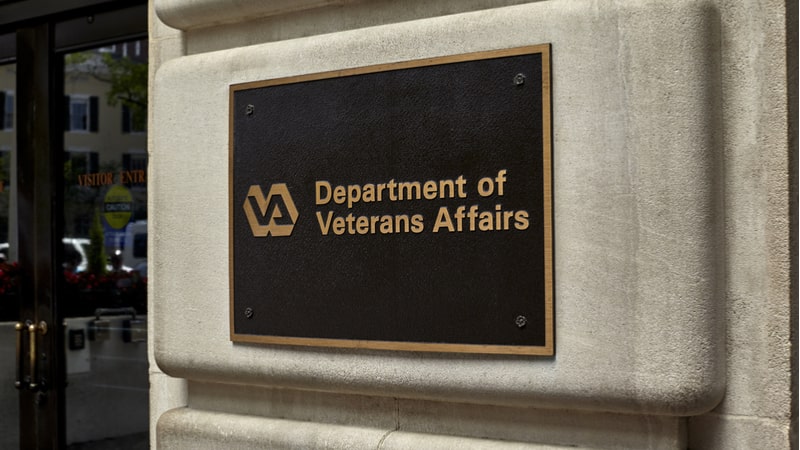
In November 2018, the Department of Veterans Affairs (VA) and its CIO’s office were in the news for all the wrong reasons.
Congress had passed the Colmery Veterans Educational Assistance Act – or Forever GI Bill – to support veterans going to school, but VA could not implement the law as intended due to IT issues. A relatively small shift in the law to tie payments to the ZIP code of where the veteran attends classes – instead of the enrollment school – led to a series of challenges that resulted in veterans not being paid their proper housing and education benefits on time. The delays prompted outrage from both the public and from Congress, and VA had to issue blanket payments to student veterans to ensure they were receiving their promised assistance.
After veterans were taken care of and the department gave itself a December 1, 2019 deadline for a permanent fix, VA took a new approach to implementation: an agile, integrated delivery of capabilities. The department consulted MITRE for a technical assessment of what needed to improve, and went with Accenture as the systems integrator for the Forever GI Bill solution.
“We were excited to be chosen to be part of it. It was obviously a challenge, given the situation it was in when we started, but it was a great opportunity for us to support our clients,” said Shawn Roman, managing director at Accenture Federal Services, in an interview with MeriTalk.
One key finding from the past effort, illustrated in an inspector general’s report, was the need for clear, accountable leadership on the program. VA Secretary Robert Wilkie named Paul Lawrence, head of the Veterans Benefits Administration (VBA), as the senior accountable official, and that leadership focus spread throughout the project.
“I think having a strong governance structure with very clear roles and executing against those roles is critical,” Roman said. “I can’t say enough about the leadership [VA] demonstrated on this program throughout. The fact that they set the program up the way they did enabled us to come in and partner very effectively with them,” he added.
Roman highlighted how the integrated nature of the program benefitted Accenture’s ability to help VA, as the company was able to conduct the technical and change management efforts in a coordinated way.
“Bringing all of it together in a coordinated program was something we were excited about when we won this, and our ability to bring all that together and support our clients in doing that was pretty unique on this program. It’s certainly something we’d like to see more of because I think it allows for tighter alignment of efforts. You can more quickly tie technology changes and the implications of those to the impact that they’re going to have … and having all that very tightly coordinated is critical to move at pace and deliver that outcome,” he said.
The solution also took a forward-looking approach. As Secretary Wilkie told Congress in March 2019, “the reason the Forever GI Bill crashed and burned is that the directions from this committee were placed on a 40-year old IT system.” The new solution aims to meet immediate needs while supporting VA in its push to modernize and move to the cloud.
“The Forever GI Bill solutions we supported really focused on aligning the immediate needs of the program with longer term modernization efforts that the VA is undertaking. Those are in-flight already, so there was coordination between them to try and keep this program moving on pace,” said Roman.
While properly functioning IT systems may not crack the headlines, VA’s recovery from its early struggles has allowed the department to support veterans attending school and move its IT organization forward.
